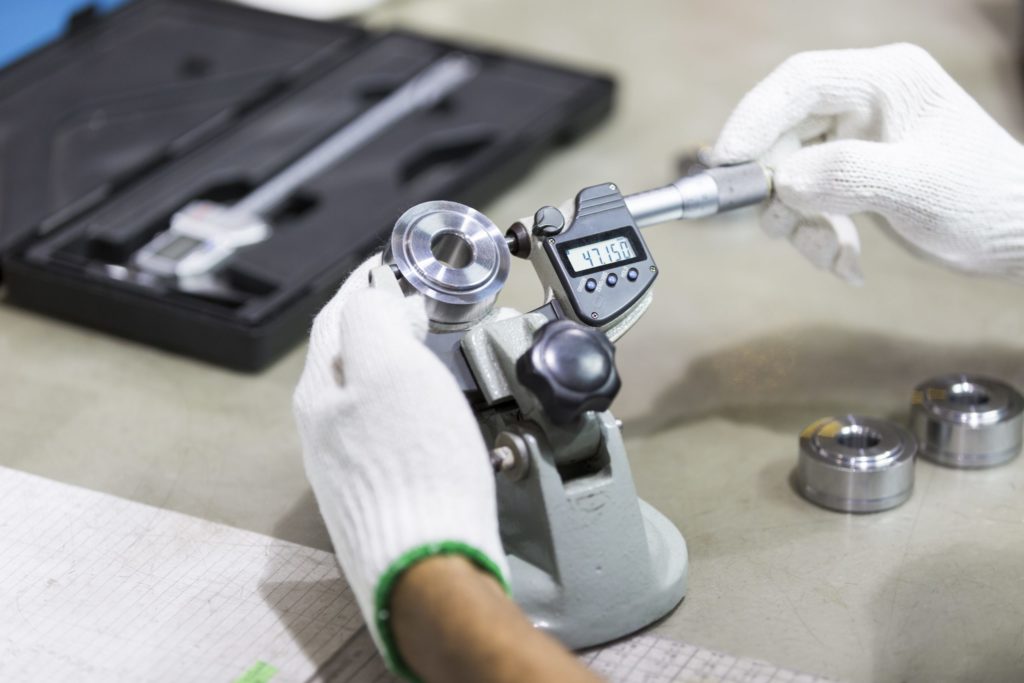
Interviewer: Can you discuss the technical aspects of instrument calibration?
Brij: Certainly. Instrument calibration involves comparing the readings of an instrument to a known standard in order to verify and adjust its accuracy. This process is essential for ensuring that the instrument provides reliable and accurate measurements. Calibration is performed on a wide variety of instruments, including temperature sensors, pressure gauges, flow meters, scales, and oscilloscopes.
Interviewer: How is instrument calibration performed?
Brij: Instrument calibration is performed by comparing the readings of the instrument being calibrated to a known standard. This is typically done using specialized equipment, such as calibration baths, pressure comparators, or electrical signal generators. The process may involve adjusting the instrument to bring it into alignment with the reference standard, with the aim of reducing the difference between the instrument’s readings and the true value.
Interviewer: What are some risks associated with not performing instrument calibration?
Brij: One of the main risks of not performing instrument calibration is inaccurate measurements. This can have serious consequences in a wide range of industries, including healthcare, manufacturing, and aerospace. Inaccurate measurements can lead to product defects, equipment failure, and even safety hazards. Not performing calibration can also lead to non-compliance with regulations and standards.
Interviewer: What is the importance of selecting a good service provider for instrument calibration?
Brij: Selecting a good service provider is crucial for ensuring accurate and reliable instrument calibration. A good service provider will have experienced technicians who are trained in the latest calibration methods and equipment. They will also use reference standards that are traceable to national or international standards. Finally, a good service provider will have a quality management system in place to ensure that their calibration services meet the highest standards of accuracy and reliability.
Market Trends in Instrument Calibration
Interviewer: How is the market for instrument calibration services changing?
Brij: The market for instrument calibration services is becoming increasingly competitive, with a growing number of service providers offering calibration services. At the same time, there is a trend towards more specialized calibration services that are tailored to specific industries or applications. For example, some service providers now offer calibration services for 3D printers or medical devices. Additionally, there is a trend towards more automated calibration processes, which can help to reduce costs and increase efficiency.
Interviewer: Are there any new technologies emerging in the field of instrument calibration?
Brij: Yes, there are several new technologies emerging in the field of instrument calibration. For example, there are now handheld devices that can perform calibration in the field, without the need for specialized equipment. There are also new software applications that can automate the calibration process, reducing the risk of human error. Finally, there are new standards emerging for calibration, such as ISO 17025, which require service providers to demonstrate their competence and provide traceability of their calibration services.
Conclusion
Interviewer: Thanks for the discussion on instrument calibration. Is there anything else you’d like to add?
Brij: Yes, I’d like to emphasize that instrument calibration is a critical process for ensuring accurate and reliable measurements. Not performing calibration can have serious consequences in terms of product quality, equipment failure, and safety hazards. It’s important to select a good service provider with experienced technicians, traceable reference standards, and a quality management system. Additionally, it’s important to stay up-to-date on new technologies and standards in the field of instrument calibration.
Talk to our team now using the contact button for questions or needs.
Our qualified team of professionals would love to talk to you about questions or any requirements. Talk to our team now using the contact button for questions or needs.
Contact Us Via WhatsApp Contact Us Via Email Call Us Via Phone
